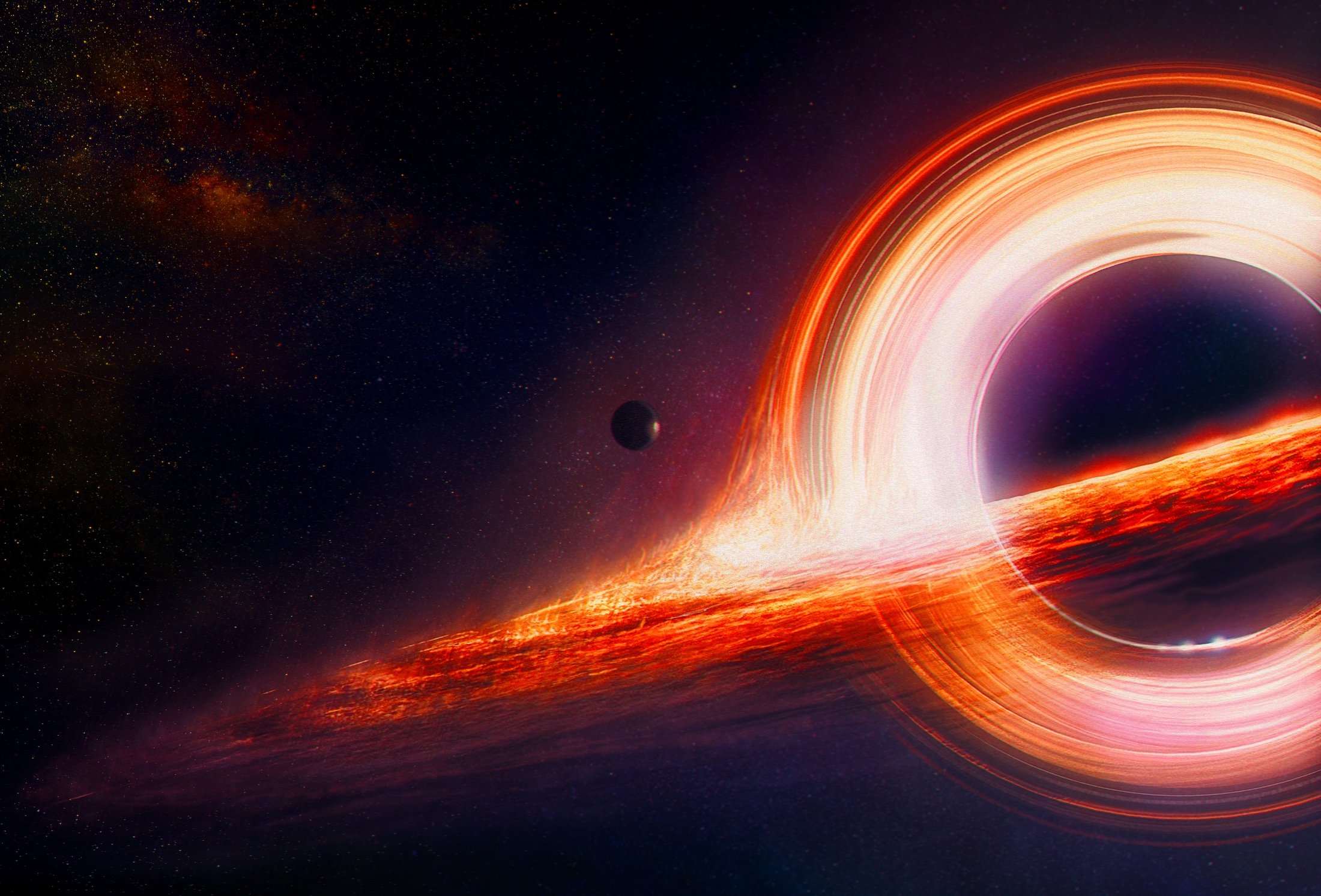How Does A Black Hole Affect Time? Detailed Explaination
Black holes have always been a subject of fascination for scientists and the general public alike. These objects are incredibly dense and compact, with gravitational forces so strong that nothing, not even light, can escape their pull. But what makes them even more intriguing is the way they affect time. In this article, we will explore the concept of how a black hole affects time in detail.
To begin, we need to understand the basic concept of time dilation. This is a phenomenon predicted by Einstein's theory of relativity, which states that time passes differently for two observers moving relative to each other. This effect is most pronounced in situations with high speeds and strong gravitational fields.
Now let's apply this concept to black holes. Black holes are objects with an enormous gravitational pull, and the closer an object gets to them, the stronger the gravitational pull becomes. As a result, time passes slower near a black hole.
To understand this phenomenon, imagine an observer watching an object fall into a black hole. As the object approaches the event horizon, the point of no return, time appears to slow down from the observer's perspective. The closer the object gets to the event horizon, the more time appears to slow down until it comes to a complete stop as it reaches the event horizon. From the observer's point of view, the object seems to be frozen in time.
However, from the object's perspective, time appears to pass normally. But, as the object approaches the event horizon, it experiences an effect known as spaghettification, where the object is stretched out into thin strips due to the immense gravitational pull of the black hole. As the object is stretched out, it experiences a significant increase in gravitational forces, causing time to appear to slow down from the object's perspective.
The reason for this phenomenon is due to the curvature of spacetime caused by the black hole's immense gravitational pull. As an object approaches a black hole, it falls into the curved spacetime and experiences a slowing down of time. This is known as gravitational time dilation.
This effect is not limited to black holes. Time dilation occurs in any situation where there is a significant difference in gravity between two observers. For instance, time appears to pass slightly faster at the top of a tall building than it does at the bottom due to the weaker gravitational pull at the top.
Another fascinating aspect related to black holes and time is the black hole information paradox. According to quantum mechanics, information cannot be destroyed. But when an object falls into a black hole, it is believed that the information contained within the object is lost forever.
This has resulted in a heated debate among physicists, with some suggesting that information may be preserved through the process of Hawking radiation, the radiation emitted by black holes as they evaporate over time.
In summary, black holes remain one of the most mysterious and intriguing objects in the universe. Their massive gravitational pull has a significant impact on time, causing it to slow down the closer one gets to a black hole. This phenomenon is known as gravitational time dilation and is a direct consequence of the curved spacetime caused by the black hole's gravitational pull.
Our understanding of the effects of black holes on time has provided us with valuable insights into the fundamental laws of physics and the nature of spacetime.


No comments: